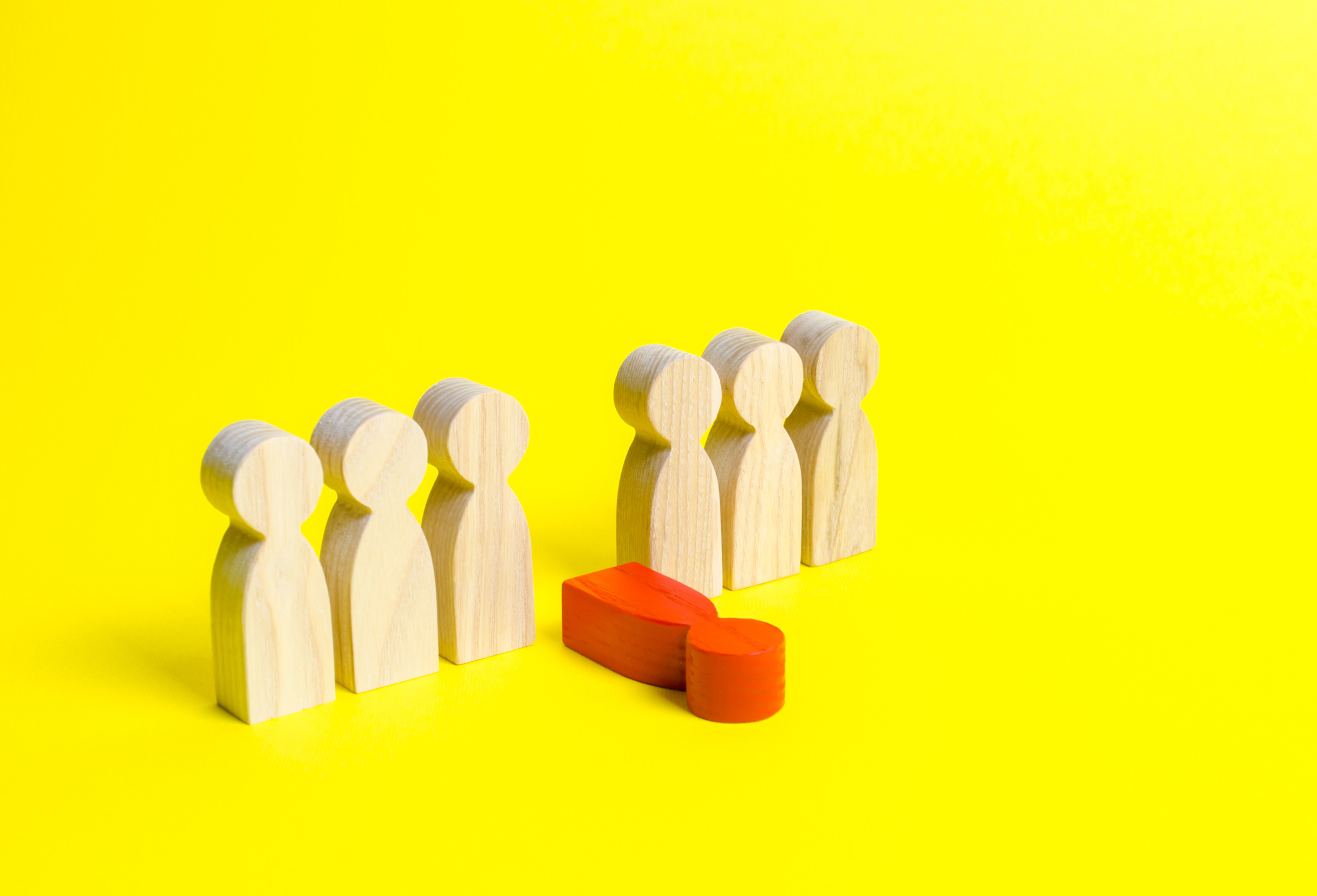Insufficient sleep can leave you in mental tatters in the morning, but not just because you’re groggy. Ample research shows the negative aftereffects of a consistently missing out on shut-eye — impaired cognition and memory, depression and anxiety, and increased risk for a whole host of health problems. But a new study from Karolinska Institutet in Stockholm, Sweden finds that even one night of bad sleep can mess up your mood and challenge your ability to regulate your emotions, straining your social interactions, including your own well-being. “Decreased abilities to regulate emotions after short sleep could have an impact on relationships and work,” lead investigator Sandra Tamm, Ph.D., at the Institute’s Department of Clinical Neuroscience, tells Thrive.
The investigation included 117 participants who endured five different sleep deprivation experiments, three of which assessed their ability to respond to someone else’s emotional state, empathize, and control their own emotions. Using PET and MRI scans to assess brain activity and mechanisms, the team found that shoddy sleep mucked up the brain’s ability to transmit and process information. The research revealed a “negativity bias,” whereby sleep loss negatively infected participants’ perception of events and their ability to manage their feelings and reactions.
But the negative implications extend far beyond the individual, affecting the health and well-being of society as a whole, Shelly Ibach, the CEO of Sleep Number and Thrive Global’s sleep editor, points out. “If we can improve people’s sleep, we can make this a kinder world. When we’re well-rested, we’re more present in our interactions. We take more time to listen. We’re more available. And presence leads to kindness.”
With that in mind, make quality sleep a priority, not just for you, but for everyone you love and the world at large. Implementing these tiny changes, called Microsteps, to your bedtime routine will increase the odds of your getting great sleep, starting now:
30 minutes before bed, escort your devices out of your bedroom
Studies show that our smartphones — with their bright screens and steady flow of news alerts and notifications — infuse us with their frenetic energy and disrupt our sleep. Calm your mind and easy into quality shut-eye by saying goodnight to your many screens a half hour before you go to sleep.
Turn your bedroom into a dark sleep sanctuary
Research shows that exposure to light decreases sleep-inducing melatonin levels which messes with our sleep cycle, confusing the body into wakefulness at night. So be sure to make your room as dark — and screenless — as possible with light-obscuring shades or a quality eye mask.
Ease yourself into sleep by meditating in bed
Try three deep breaths and visualize a soothing scenario like an empty beach on a beautiful day or a pleasant memory from your life.
Follow us here and subscribe here for all the latest news on how you can keep Thriving.
Stay up to date or catch up on all our podcasts with Arianna Huffington here.


